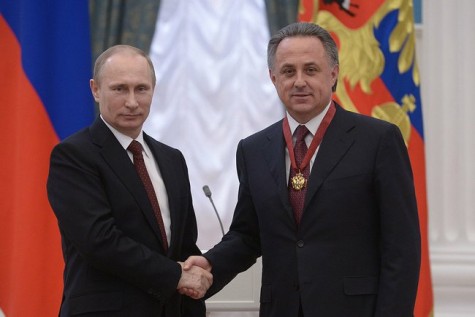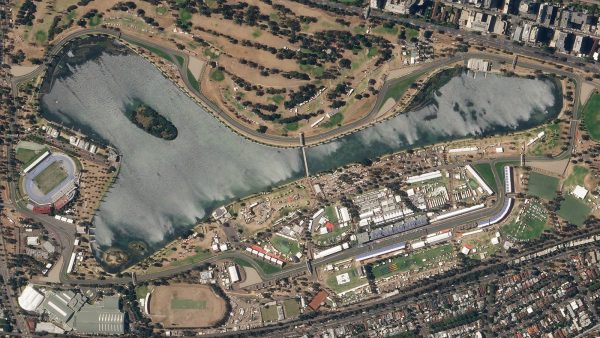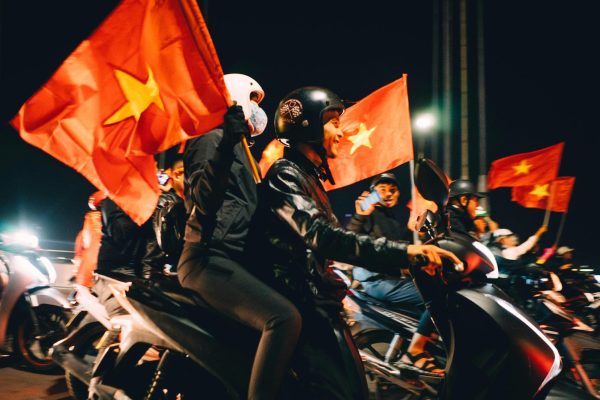Russia’s Rogue Runners
 In a dramatic saga beginning in early November of this year, the International Association of Athletics Federations (IAAF) recently provisionally suspended the country of Russia as a member, potentially keeping the country from competing in track-and-field at the 2016 Summer Olympics. This came as a result of a report by the World Anti-Doping Agency, commonly referred to as WADA, summarizing an investigation into widespread cheating through the use of “doping substances and methods to ensure, or enhance the likelihood of, victory for athletes and teams,” as stated in the official document.
In a dramatic saga beginning in early November of this year, the International Association of Athletics Federations (IAAF) recently provisionally suspended the country of Russia as a member, potentially keeping the country from competing in track-and-field at the 2016 Summer Olympics. This came as a result of a report by the World Anti-Doping Agency, commonly referred to as WADA, summarizing an investigation into widespread cheating through the use of “doping substances and methods to ensure, or enhance the likelihood of, victory for athletes and teams,” as stated in the official document.
Beyond allegations of institutionalized cheating by the athletes themselves, the report also confirms involvement and manipulation in doping by doctors, coaches, and laboratory technicians. It was recommended the IAAF suspend the Russian program, and a nearly unanimous vote of twenty-three to one (Russia excluded) did just that. In a statement, former WADA president Dick Pound, who led the investigation, added that drug use likely sabotaged the 2012 Summer Olympics in London and that several track-and-field athletes and coaches should be given lifelong bans on competing.
When released, the report spurred almost immediate backlash from Russian athletics officials, who called it a “political hit job,” according to the Guardian. Among them was sports minister Vitaly Mutko, who claimed his country had been singled out, when “we have problems but they exist around the whole world; we have the same percent as all countries do.” However, the head of the Moscow Anti-Doping Center resigned soon after, under accusations of destroying some 1,400 samples requested by the investigation, as the Atlantic reported.
In addition to the supposed sample destruction, Moscow released a report in late November claiming three athletes had violated the suspension by competing outside of Russia, according to the Washington Post. While the ban does not affect domestic (within Russia) competitions, international events are out of the question so long as a nation is denied IAAF membership.
The original suspension was provisional, set in place for an indeterminate amount of time, although with the possibility of carrying through the 2016 Olympics in Rio de Janeiro, Brazil. In an official summary, the IAAF clarifies that such action prevents Russian athletes and associated staff from competing “in International Competitions including World Athletics Series competitions and the Olympic Games,” but does not “prevent athletes in Russia from participating in domestic competitions.” At the previous Summer Olympics, Russia won seventeen medals, second only to the twenty-nine won by the United States.
A full suspension must be voluntarily accepted by the All-Russia Athletic Federation (ARAF), or the IAAF has the right to call for a full hearing; Russia recently submitted its acceptance. To regain its IAAF membership, the ARAF would then have to complete a specific set of requirements, under the supervision of a committee led investigation. Russian athletes will likely not be present at the 2016 Olympics for athletics events and will most probably be absent at the Indoor World Championships in March, because of the timing of the predicted first report.





